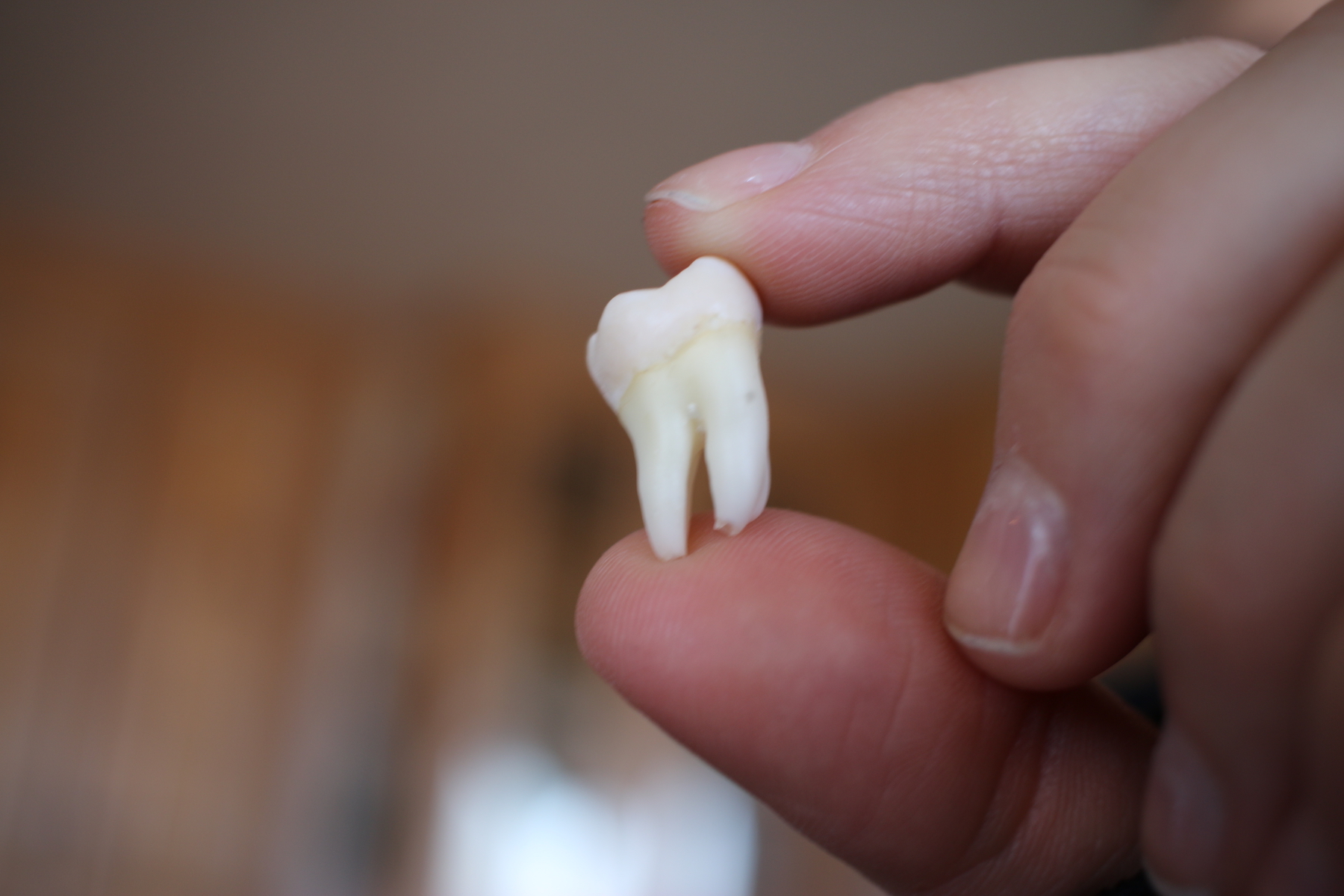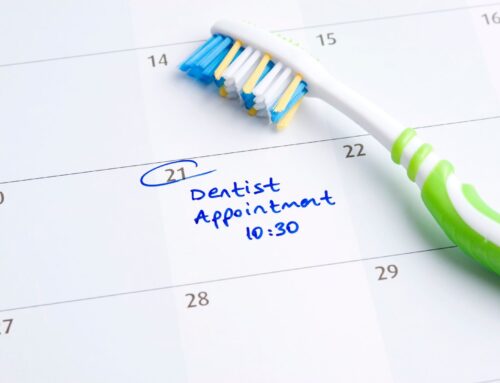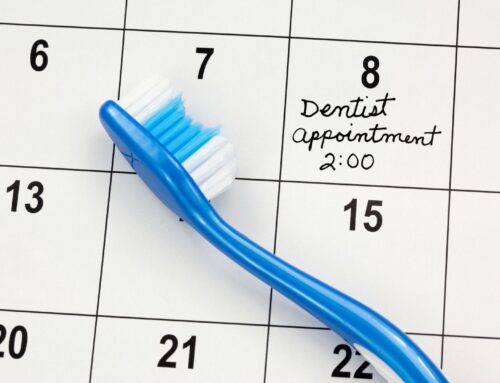Wisdom teeth are the last teeth to come in, and for many people, they can be a real pain. Literally. Wisdom teeth can cause all sorts of problems, from crowding other teeth to causing pain and infection. In some cases, it’s a good idea to remove wisdom teeth. But in others, it might not be necessary. So how do you know whether or not to remove wisdom teeth? This blog post will help you make that decision!
Why are they called wisdom teeth?
Wisdom teeth, also known as our third molars, have few theories on how they got their name. The main theory is that they come in much later than other teeth – usually in your late teens or early twenties – when you’re (hopefully) a little wiser than you were as a child.
Why do we have wisdom teeth?
Wisdom teeth are a vestigial remnant of our ancestors’ diets. For early humans, wisdom teeth were essential for grinding down tough plant matter. But as our diets have evolved, we no longer need wisdom teeth to eat properly. In fact, wisdom teeth can actually cause problems for many people. They can become impacted (stuck in the jaw), crowd other teeth, and even cause pain and infection. For these reasons, some people choose to have their wisdom teeth removed. But how do you know whether or not to remove your wisdom teeth? Keep reading to find out!
Should you remove your wisdom teeth?
There are a few things to consider when making the decision to remove wisdom teeth.
First, how healthy are your existing teeth? If you have healthy teeth, there’s a good chance that your wisdom teeth will be fine as well. But if you have existing dental problems, such as crowding or tooth decay, wisdom teeth can make these problems worse.
Second, how much space is there in your mouth for additional teeth? If you don’t have enough space in your mouth for wisdom teeth, they may become impacted (stuck in the jaw). Our ancestors had broader jaws, so they had plenty of room for these molars. Now, jaws are structurally narrower, so many of us simply don’t have space for more teeth! The overcrowding from wisdom teeth can cause pain, infection, and damage to other teeth.
Finally, consider your age and health. Wisdom teeth removal is a surgical procedure, so it’s important to be in good health before undergoing surgery.
What is the procedure like for wisdom teeth removal?
Wisdom teeth removal surgery is a fairly common and routine procedure. The surgery itself is usually quick and easy, and recovery is typically pretty straightforward. However, it’s important to be in good health before undergoing any kind of surgery.
Impacted Vs. Non-Impacted Wisdom Teeth
If you have impacted wisdom teeth, the surgery will be a little more involved. Impacted wisdom teeth are stuck in the jaw and can be difficult to remove. The surgeon will need to make an incision in your gum to access the tooth and then may need to remove some bone around the tooth before finally extracting it.
Non-impacted wisdom teeth, on the other hand, are easier to remove because they’re not stuck in the jaw. The surgeon will simply make an incision in your gum and extract the tooth.
After surgery, you can expect some swelling and discomfort. Your doctor will prescribe pain medication to help you manage any pain you may experience. It’s important to follow all of your doctor’s instructions for recovery to ensure a quick and successful recovery!
If you’re considering having your wisdom teeth removed, talk to your dentist or oral surgeon about whether or not it’s the right decision for you. You can also contact us at Reno’s number one family dentist, and we will be able to help you make an informed decision based on your individual needs!






